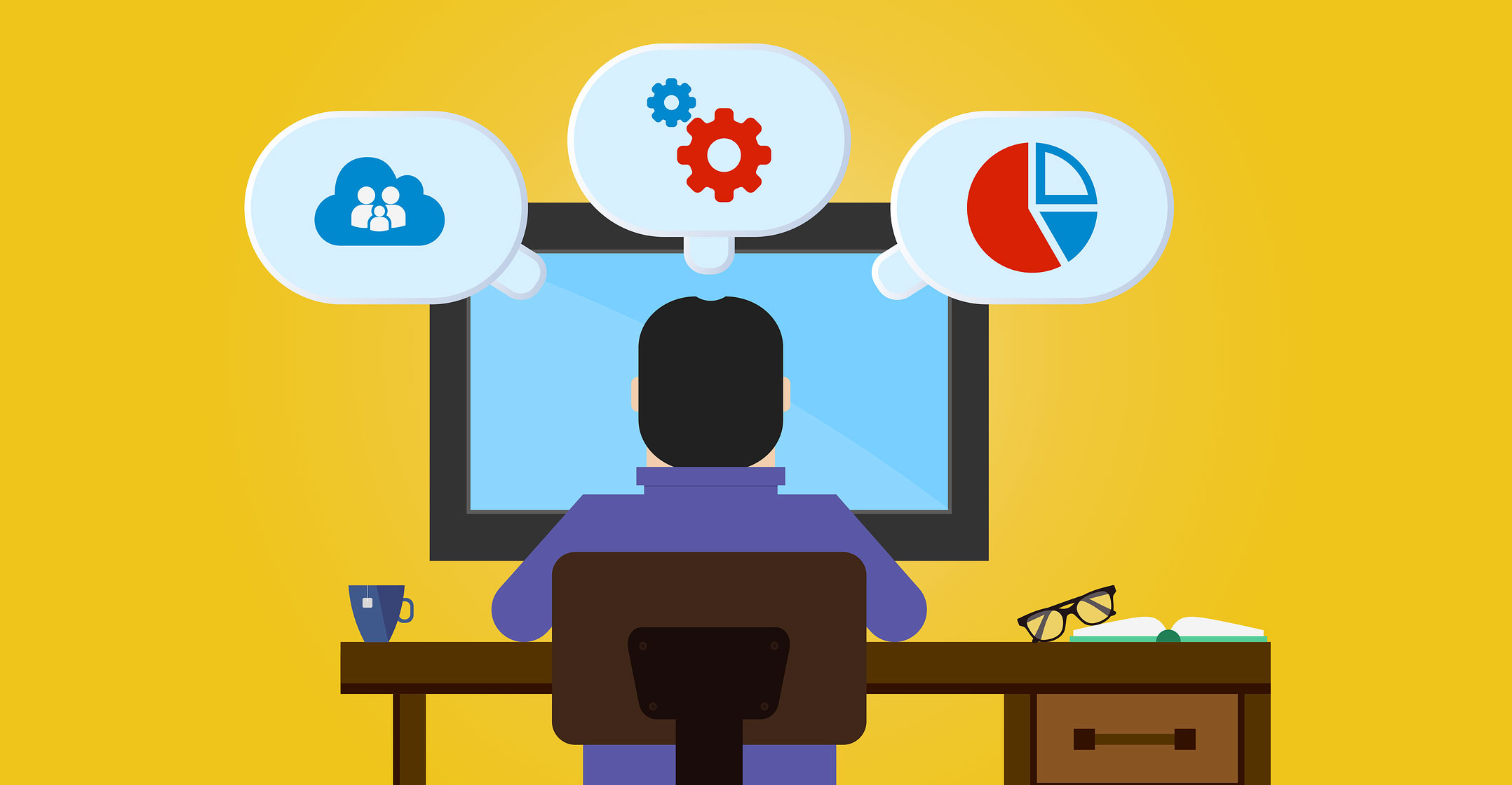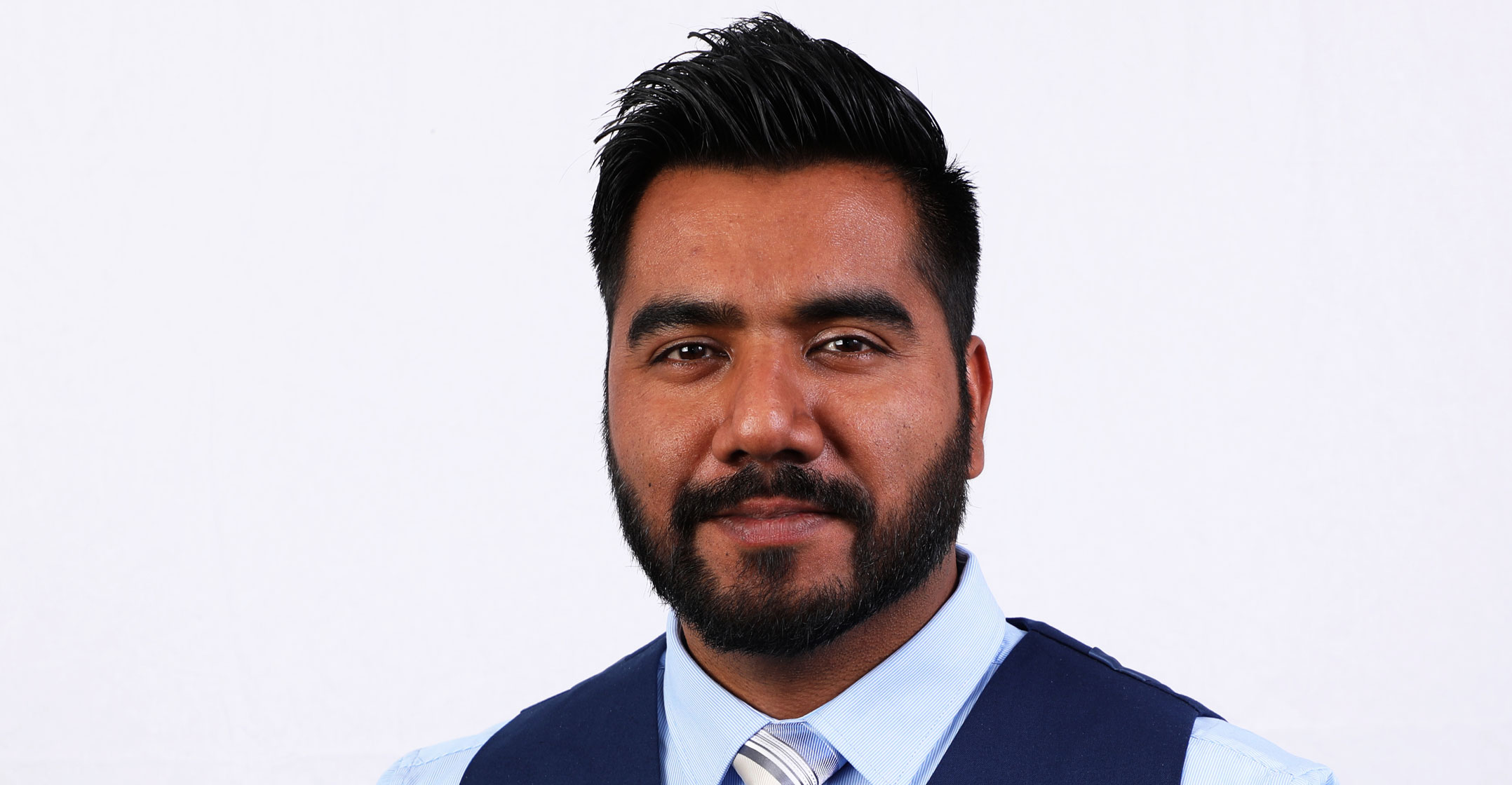 Chinese technology giant Huawei said on Friday that it will pay software developers to build apps for its new operating system, HarmonyOS, which will run on a range of devices from smartphones to smartwatches.
Chinese technology giant Huawei said on Friday that it will pay software developers to build apps for its new operating system, HarmonyOS, which will run on a range of devices from smartphones to smartwatches.
At a media briefing in Sandton on Friday, the company — which may use HarmonyOS to power its future smartphones if it loses access to Google’s Android — said it has earmarked US$1-billion (about R15.2-billion) to pay app developers to build apps for the new software.
It hasn’t, however, set aside a specific percentage of this figure for individual markets around the world, and the funds will be allocated according to the app ideas that developers in each country come up with, said Akhram Mohamed, chief technology officer for the Consumer Business Group at Huawei South Africa.
About 80% of the $1-billion funding pie will be spent in markets outside China.
Mohamed said Huawei is keen to invest in South African developers who build apps that can address market demand specific to the country. It will also help them internationalise these apps, where appropriate, he said.
Huawei is pushing ahead with the development of HarmonyOS with renewed vigour after the US government withheld access to software and components it needs to build its devices, including smartphones and laptops.
The US move has raised questions about whether Huawei will continue to have access to Android, though the company said it remains committed to using the operating system on its smartphones — for now, at least.
Easy to port
Zhao Likun, regional vice president at Huawei’s Consumer Business Group, said the company intends making it easy for developers to port their apps from other platforms. This will include providing an IDE, or integrated development environment, to be released in September in beta form.
Zhao emphasised that although HarmonyOS is being developed by Huawei, it will be open-source software, with anyone able to access the underlying code base. “This is not Huawei HarmonyOS; it’s only HarmonyOS.”
That mirrors the approach Google has taken in the development of Android, whose underlying components are also open sourced. Huawei will work with partners to develop the software and the ecosystem around it, Mohamed said.

He sought to downplay HarmonyOS as a response to the crisis it found itself in in May when the US said it would block its access to certain American-made hardware components and software. “Harmony is not the result of a crisis or a problem,” Mohamed said, adding that it’s been in development for years. He also claimed that HarmonyOS is “not an Android replacement” and that Huawei is committed to the Android ecosystem and using the software on future phone models.
He described HarmonyOS as “so much more” than Android, calling it the “world’s first distributed architecture OS” that will power everything from Internet-of-things devices to smart cars in an ecosystem that functions “seamlessly”. The company hopes to work with a wide range of hardware manufacturers to build this ecosystem of smart devices, offering a platform that has a seamless user experience, and is smooth, secure and unified.
‘Revolution’
“We are inviting developers across the world, including South Africa, to come and talk to us, to join us, to see how we can take this forward in the revolution of operating systems as we know them,” Mohamed said.
Meanwhile, although Huawei smartphone sales dipped in South Africa after the news broke in May about the US ban, Mohamed said consumer demand has since returned to the peak levels seen in April as the company moved to calm client jitters about whether their devices would receive future software updates.
He said the company’s market share in South Africa — for devices priced at $100 or more — had risen to 37.9% at the end of June. – © 2019 NewsCentral Media

